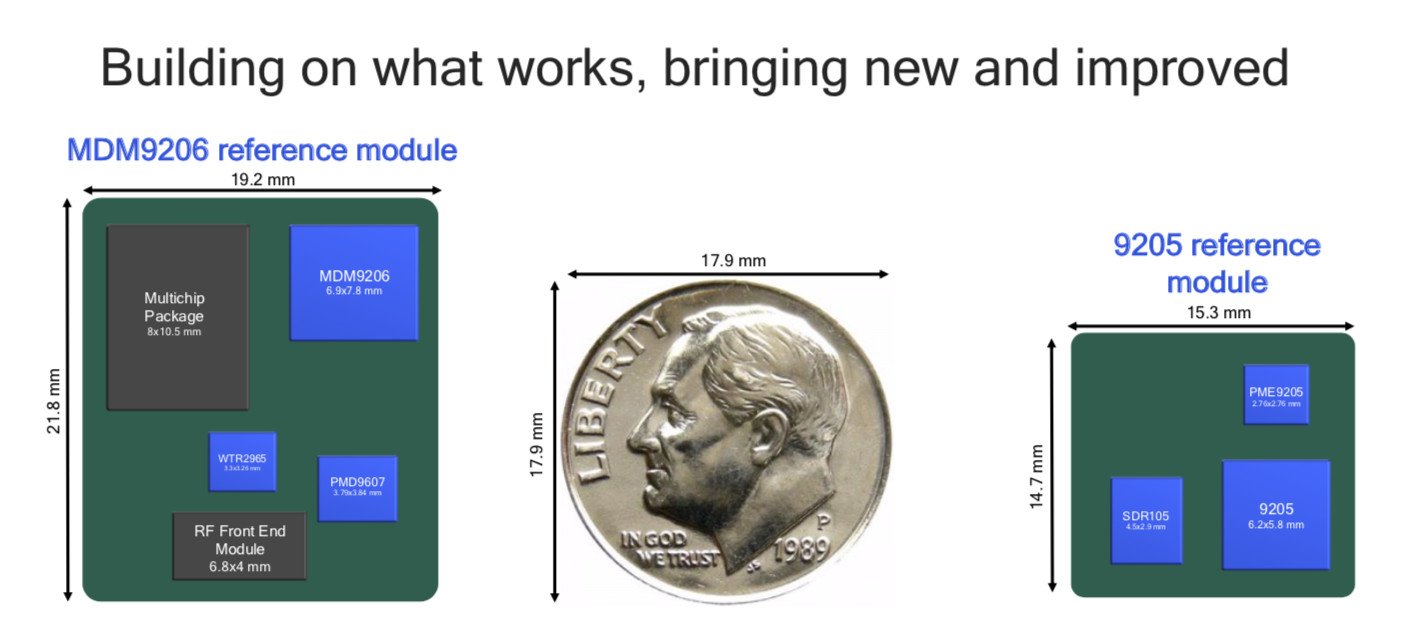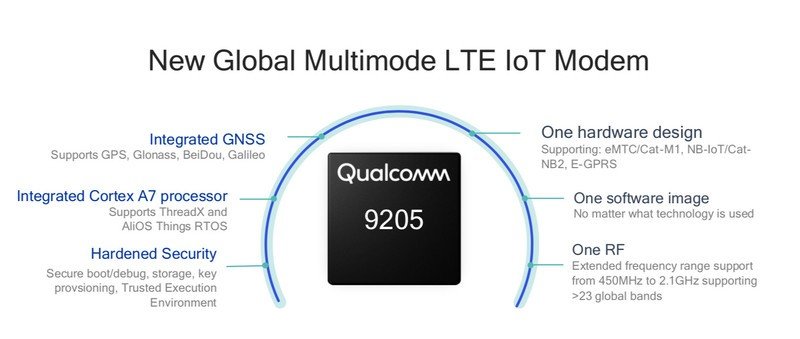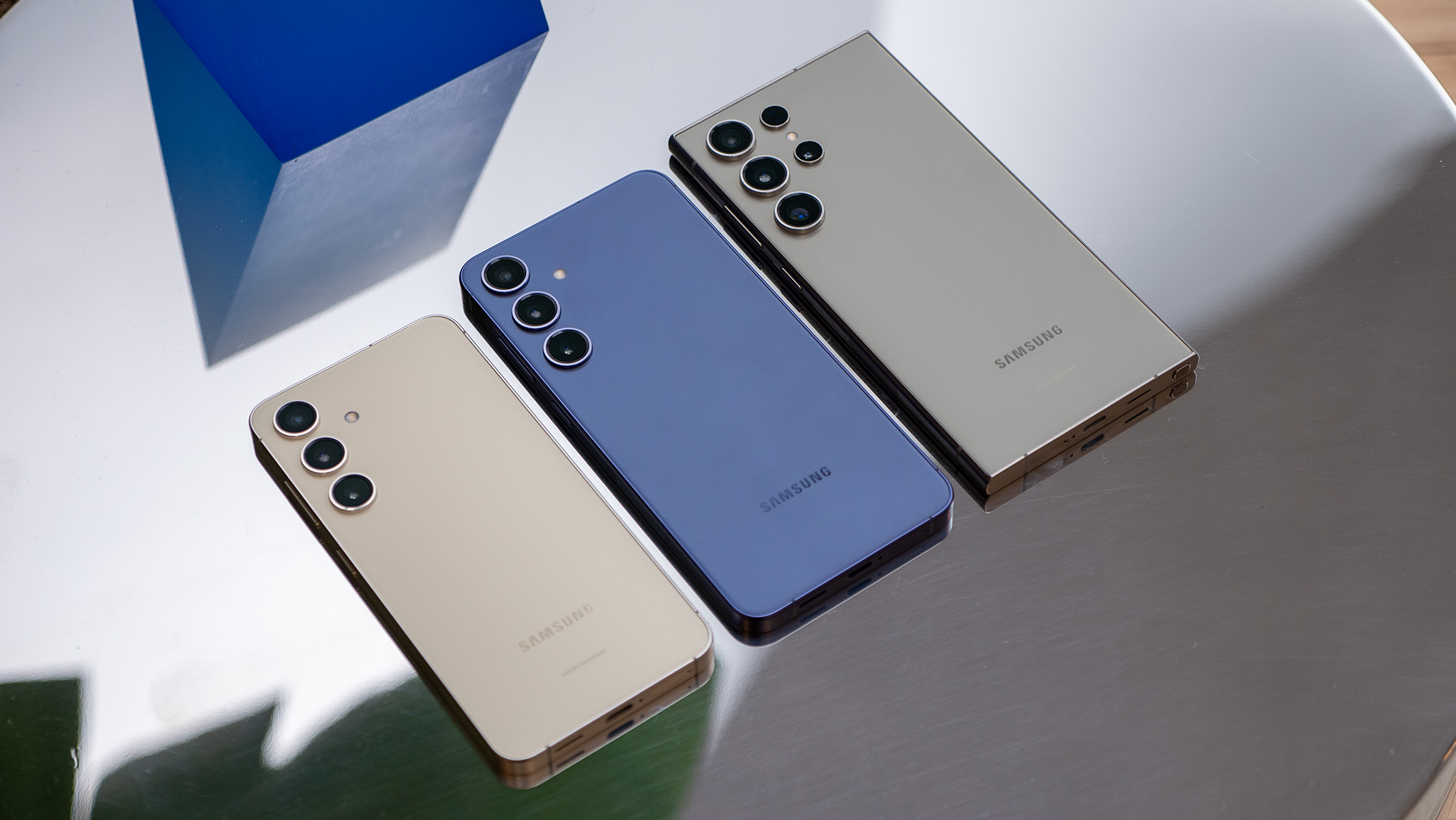Qualcomm's new IoT modem will power gadgets meant to last a decade

In the world of IoT, or the Internet of Things, time doesn't move at the same pace as it does in the rest of the tech industry. It's measured in years, not months — and soon, perhaps, decades instead of years.
To wit, Qualcomm hasn't updated its IoT-specific modem in over three years, so it makes sense that, just as LTE is about to be replaced by 5G, it would release one last transition product for companies that want to connect ultra-low-power products in the IoT space —wearables, health care, utilities, environment monitoring, and building sensors, to name a few — to the internet.
The Qualcomm 9205 LTE modem is being announced today, with wider availability next year, to replace its successor, the MDM9206. Yes, the smaller number is the newer product. Here's what Qualcomm says it does:
The new Qualcomm 9205 LTE modem is unique in bringing together key innovations required to build cellular-enabled IoT products and services in a single chipset, including global multimode LTE category M1 (eMTC) and NB2 (NB-IoT) as well as 2G/E-GPRS connectivity, application processing, geolocation, hardware-based security, support for cloud services and accompanying developer tools.
LTE-M is a type of LTE that is meant to transfer a trickle of data as efficiently as possible. It's a specialized network that must be purpose-built for particular use cases; both Verizon and AT&T have rolled out such networks for enterprise customers looking to take advantage of low-power internet-connected devices. NB2, or Narrowband, is similar to LTE-M but is even slower and was created as a way for indoor communications to thrive on small sensors and even smaller batteries. T-Mobile has an NB2 network that utilizes its LTE spectrum.

Given that the 9205 is being announced three years on from its predecessor, it stands to reason that it's smaller and more power efficient. Qualcomm says that the actual size of the chip is 50% smaller than the 9206, with a 70% reduction in power consumption and a 40% reduction in parts, making it cheaper to produce. At the same time, the chip is compatible with worldwide LTE networks, has built-in GPS, and has built-in hardware security.
The Qualcomm 9205 isn't likely a chip the average consumer will care much about, but it's going to find itself in a lot of products they'll interact with on a daily basis.
Be an expert in 5 minutes
Get the latest news from Android Central, your trusted companion in the world of Android
Daniel Bader was a former Android Central Editor-in-Chief and Executive Editor for iMore and Windows Central.

